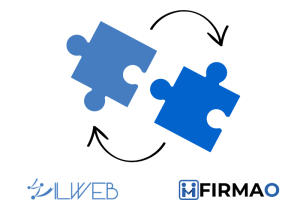
Strategic management is the process of planning, implementing, and evaluating strategies to achieve organizational goals and objectives. It is an essential aspect of business management that involves making decisions that will impact the long-term success of an organization. In this article, we will discuss the importance of strategic management and the key elements of the strategic management process.
Importance of Strategic Management
Strategic management is critical for the success of any organization. It helps businesses identify their strengths, weaknesses, opportunities, and threats (SWOT analysis) and develop strategies to achieve their goals. Strategic management enables businesses to anticipate changes in the market, identify potential risks and opportunities, and respond to them effectively. It also helps businesses align their resources, capabilities, and competencies to achieve their strategic objectives.
Key Elements of the Strategic Management Process
The strategic management process involves several key elements, including:
a. Goal Setting: This involves defining the organization’s mission, vision, and objectives. It helps businesses to clarify their purpose and direction, and identify the outcomes they want to achieve.
b. Situation Analysis: This involves conducting a SWOT analysis to assess the organization’s internal strengths and weaknesses, and external opportunities and threats. It helps businesses to identify the factors that impact their performance and identify opportunities for growth and improvement.
c. Strategy Formulation: This involves developing a strategy to achieve the organization’s goals and objectives. It involves evaluating various options and choosing the most appropriate strategy based on the organization’s resources, capabilities, and competitive environment.
d. Strategy Implementation: This involves putting the strategy into action. It involves allocating resources, communicating the strategy to employees, and developing an action plan to achieve the strategic objectives.
e. Evaluation and Control: This involves monitoring the implementation of the strategy and evaluating its effectiveness. It involves identifying any deviations from the plan and taking corrective action to ensure that the strategy is on track to achieve the organization’s goals and objectives.
In conclusion, strategic management is essential for the success of any organization. It involves planning, implementing, and evaluating strategies to achieve organizational goals and objectives. The strategic management process involves several key elements, including goal setting, situation analysis, strategy formulation, strategy implementation, and evaluation and control. By following the strategic management process, businesses can align their resources, capabilities, and competencies to achieve their strategic objectives and achieve long-term success.




